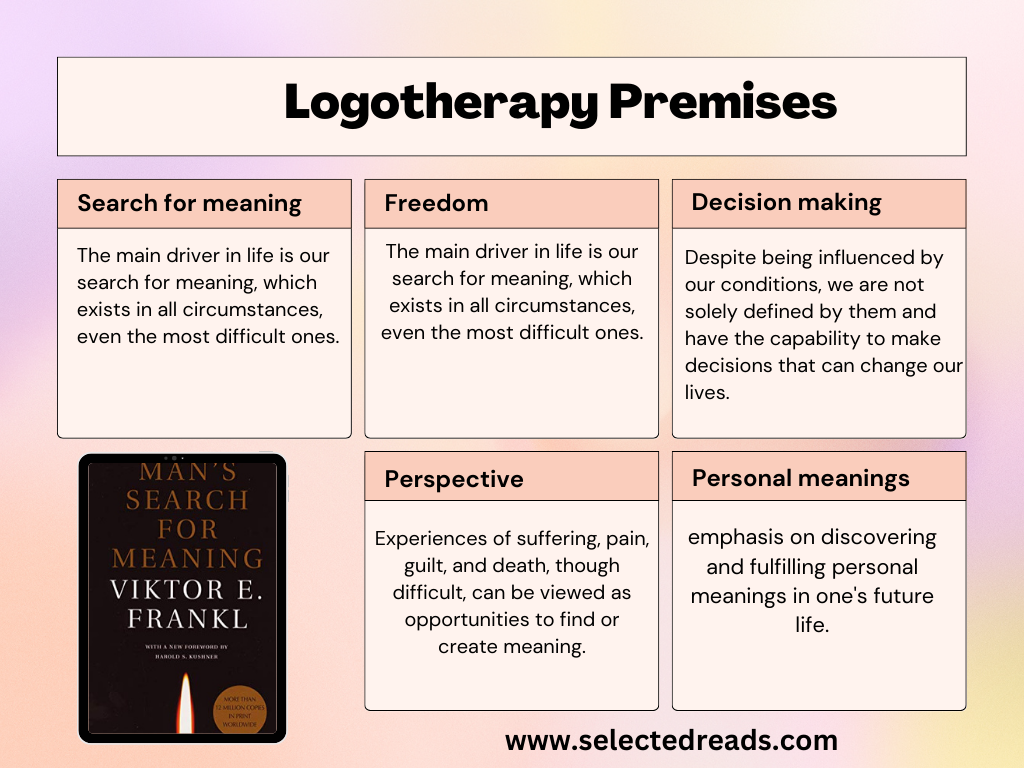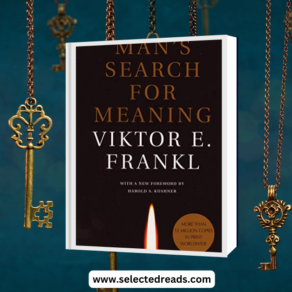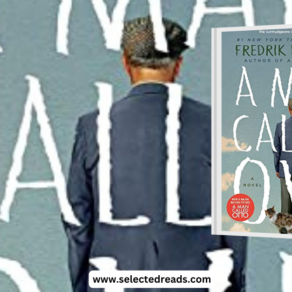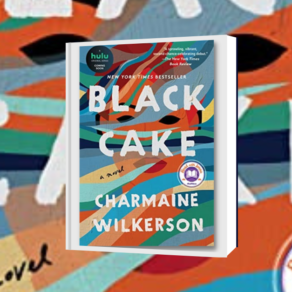“Man’s Search for Meaning,” an extraordinary testament to the human spirit written by Viktor Frankl, is a profound journey that explores deepest recesses of human existence. Born out of the unimaginable suffering Frankl endured as a prisoner in Nazi concentration camps during World War II, the book is a compelling human quest to find meaning in life even in the harshest of circumstances.
The narrative unfolds in two primary sections. In the first part, Frankl presents a poignant memoir of his horrifying experiences in Auschwitz and other concentration camps, demonstrating the relentless degradation of human dignity and the relentless struggle for survival.
Amid the grim details, the story strikes deep chords, not merely because of the incomprehensible brutality, but also due to Frankl’s ability to retain his compassion, humanity, and an unwavering search for purpose amidst chaos.
Frankl’s personal recounting is not just a tale of surviving the concentration camps; it is an intimate exploration of the internal struggle, the mental war one wages when faced with insurmountable adversity. The haunting images of human suffering Frankl paints powerfully convey the most profound element of his theory: “He who has a why to live can bear almost any how.”
The second part of the book introduces Logotherapy, Frankl’s psychotherapeutic method which focuses on the meaning of human existence and man’s search for such a meaning. According to Frankl, meaning can be found in life in three different ways: through work (doing something significant), through love (caring for another person), and through courage during difficult times. Frankl believed that suffering itself is meaningful, and we can find purpose in life despite, or perhaps because of, painful experiences.
“Man’s Search for Meaning” brilliantly blends the subjective narrative with the objective, the personal with the universal. Frankl doesn’t merely recount his experiences; he examines them through a psychological lens, transforming his personal suffering into a philosophical discussion about life, meaning, and the innate human capability to endure.
[Best Books about Auschwitz Concentration Camp]
Reading Frankl’s book is a deeply moving experience. It transcends the normal constraints of a memoir or a self-help book, inviting readers into a profound dialogue on life’s ultimate purpose. Its stories of courage and resilience resonate profoundly, and its lessons on finding meaning are valuable for anyone at any stage of life. It highlights how suffering can not only be endured but can also be transformed into a tool for personal growth and self-discovery.
Through his experiences and insights, Frankl encourages us to look beyond our immediate circumstances to find the meaning that makes life worth living. His assertion that even in the darkest of times, when we are confronted with the unbearable, life retains its meaning, and thus, we retain the capability to choose our attitude in any given set of circumstances, to choose our own way. His book, thus, is not just a manual for survival but a guide to living a meaningful life.
Despite its roots in a period of unimaginable suffering, “Man’s Search for Meaning” is ultimately a hopeful book. It provides a testament to the resilience of the human spirit, and its inherent desire to find meaning and purpose. Its powerful narrative and timeless insights remain relevant to this day, underscoring the vital importance of meaning in our lives, and guiding us towards finding our own ‘why’.
What is Logotherapy and what are its basic concepts?
Logotherapy is a form of psychotherapy developed by Viktor Frankl that emphasizes the human capacity to find meaning and purpose in life, even in the face of extreme suffering or adversity. It asserts that our primary motivation is the pursuit of this meaning, which is unique and specific to each individual.
Some of its main premises include:
- Life has meaning in all circumstances, even the most miserable ones.
- Our primary motivational force is our search for meaning.
- We have freedom to find meaning in what we do, and what we experience, or at least in the stance we take when faced with a situation of unchangeable suffering.
- The main ways to find meaning in life are by creating a work or doing a deed; by experiencing something or encountering someone; and by the attitude we take toward unavoidable suffering.
- We have the responsibility to discover and pursue what we find meaningful and purposeful.
- Suffering, pain, guilt and death are part of life; they offer opportunities to find meaning.
- Humans are not solely the product of their conditions but have the ability to make decisions and change their lives.
- Logotherapy is not introspective or retrospective but is rather future-oriented; it is concerned with the future, with the meanings to be fulfilled by the patient in their future.
- The will to meaning can often be frustrated (existential frustration), but this frustration can be used as motivation to search for a greater sense of purpose.
- The meaning of life is unique to every individual and can change in different moments of life. There is not one ‘big’ meaning of life, but rather numerous specific meanings in life to be discovered.
Man’s Search for Meaning Book Club Questions
Here are some thought-provoking questions for your book club:
- What emotions did you experience while reading Viktor Frankl’s account of his experiences in the concentration camps? How did his story affect you personally?
- Frankl writes, “Those who have a ‘why’ to live, can bear with almost any ‘how'”. How do you interpret this statement in the context of the book? Do you see any parallels in your own life?
- How does Frankl’s concept of freedom differ from our usual understanding of the term? What does his version of freedom mean to you?
- The second part of the book introduces Logotherapy. How do you understand this therapy? What struck you most about Frankl’s therapeutic approach?
- Frankl believed that suffering can have meaning. What are your thoughts on this? Can you think of a situation where suffering led to personal growth or a shift in perspective?
- Frankl discusses finding meaning through work, love, and courage during difficult times. Can you share a personal example of finding meaning through one or all of these channels?
- How has reading “Man’s Search for Meaning” influenced your perspective on life’s challenges and their potential to create meaning?
- Frankl argues that we cannot avoid suffering but we can choose how to cope with it. Have there been times in your life where you’ve had to make this choice? How did you cope?
- Frankl’s story is ultimately one of hope and resilience. How does his experience and philosophy align with or challenge your own views on these topics?
- If you had the chance to ask Viktor Frankl a question, what would it be?
- How does the historical and political context of Frankl’s experiences contribute to the impact of his work? How might his ideas translate to today’s world?
- What practical applications can you see for Frankl’s Logotherapy in contemporary society? How might it be useful for dealing with issues such as depression, anxiety, or existential crises?
- How might you apply Frankl’s insights to your own pursuit of a meaningful life? Have you been inspired to change any of your own perspectives or behaviors after reading this book?
- How does “Man’s Search for Meaning” compare to other books about the Holocaust you have read? How does Frankl’s approach to storytelling and reflection differ?
- Frankl emphasizes that it is not the situation that determines one’s actions but the personal decisions made in response. Can you identify examples of this idea in the book or in your own life?
I hope you find Man’s Search for Meaning summary helpful.







